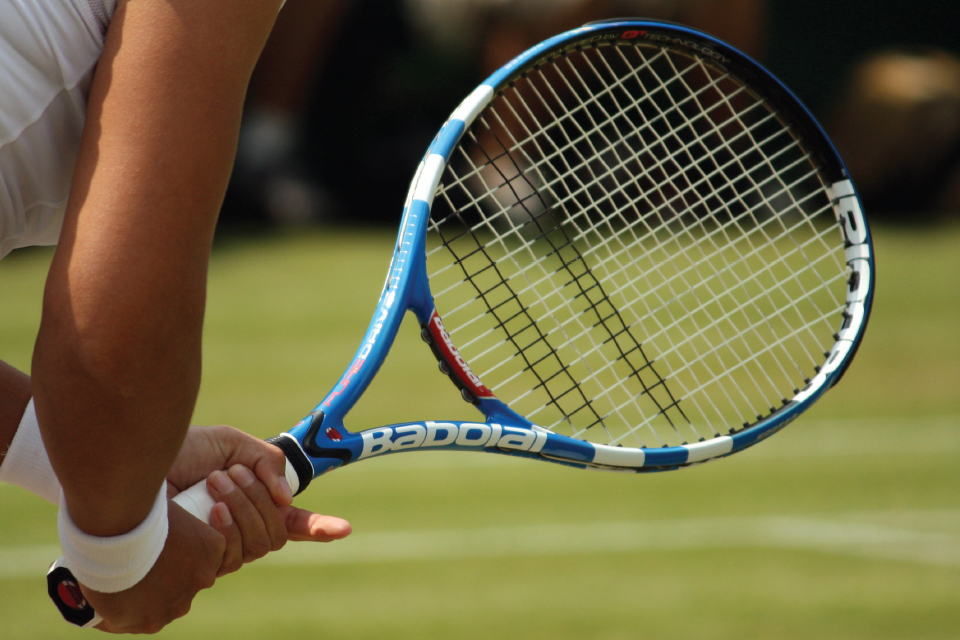Tennis Winning Mindset: Meditate on the Moment

An athlete’s inner conversation can have a huge impact on performance and simple enjoyment of the game. All are so different in their approach and what may provide motivation for a great performance, and there are many methods for getting into the zone.
First of all, I am assuming that technique is intuitive and the player can play his sport well. One of the things I have learned from a lifetime of competition in tennis and golf is that the ego always gives you a false sense of security. Thoughts for an athlete are distracting; there are thoughts that become emotions, which become stories of the past or dreams about the future. The key is for the athlete to become aware of himself and his thoughts and not get drawn into them.
How does the ego give a false sense of security? I see this in tennis all the time. A player gets a lead and starts thinking, "I am winning, and I am doing really well today," and then wants to hold onto that lead and conserve it, thus becoming more cautious, and performance then dwindles. The other player who is losing is not feeling the pressure of being ahead and is free to swing away. Both these mindsets are traps and create a lot of back-and-forth momentum. The key is to be in the moment and not get drawn into negative psychological scenarios.
My performance improved in tennis and golf as I learned to meditate, which I define as the art of dropping these thoughts over and over again and remaining focused in the moment. With sports like tennis and golf, where there is a lot of time in between shots, this is especially important. A player needs to become aware of his inner conversation between shots and remain positive. This allows for learning and having fun along the way. Of course, athletes will get nervous; this is a healthy quality and part of just being in a human body. But before all the emotions and thoughts take over, players should focus on remembering that it’s the moment at hand that's important; the more in the depth of the moment, the easier it is to avoid distractions and act from the intuitive self that has played many games and practiced techniques repeatedly so that they are embedded in the neuromuscular memory.
Athletes should also remember that they’re going to get it all wrong before they get it right. Every performance, good and bad, is going to help on the overall journey of improvement, so it's important to remember this one on the ride home—my dad always said after my losses, "All you’re going to do is get better." That was some good wisdom to hear when I was in confusion after a tough defeat.
So much of getting in the right place is becoming aware of using breathing to manage muscle tension. Athletes who start thinking too much usually start a pattern of shallow breathing. It’s important to take charge and manage tension so that players can get back into the flow of their game. I believe that the sign of a great athlete is the ability to recover in the middle of the game and to adjust. I love watching tennis legend Rafael Nadal, who I’ve seen play in person many times. He is always jumping around like a boxer, which can keep his body relaxed and focused. Nadal would be good at anything with the attributes he brings to his tennis game; he is able to conjure up this ferocious intensity all the time.
Some Tips
-
Hang in there to see things turn around—it happens all the time.
-
When playing singles in tennis, it can be mentally devastating to lose perspective and take things too seriously.
-
Stay positive and use skills to get back in the flow for the best opportunity to succeed.
-
Meet challenges over and over with openness and willingness to find improvement every time on the court and the winning; when you do, great performances just take care of themselves.






